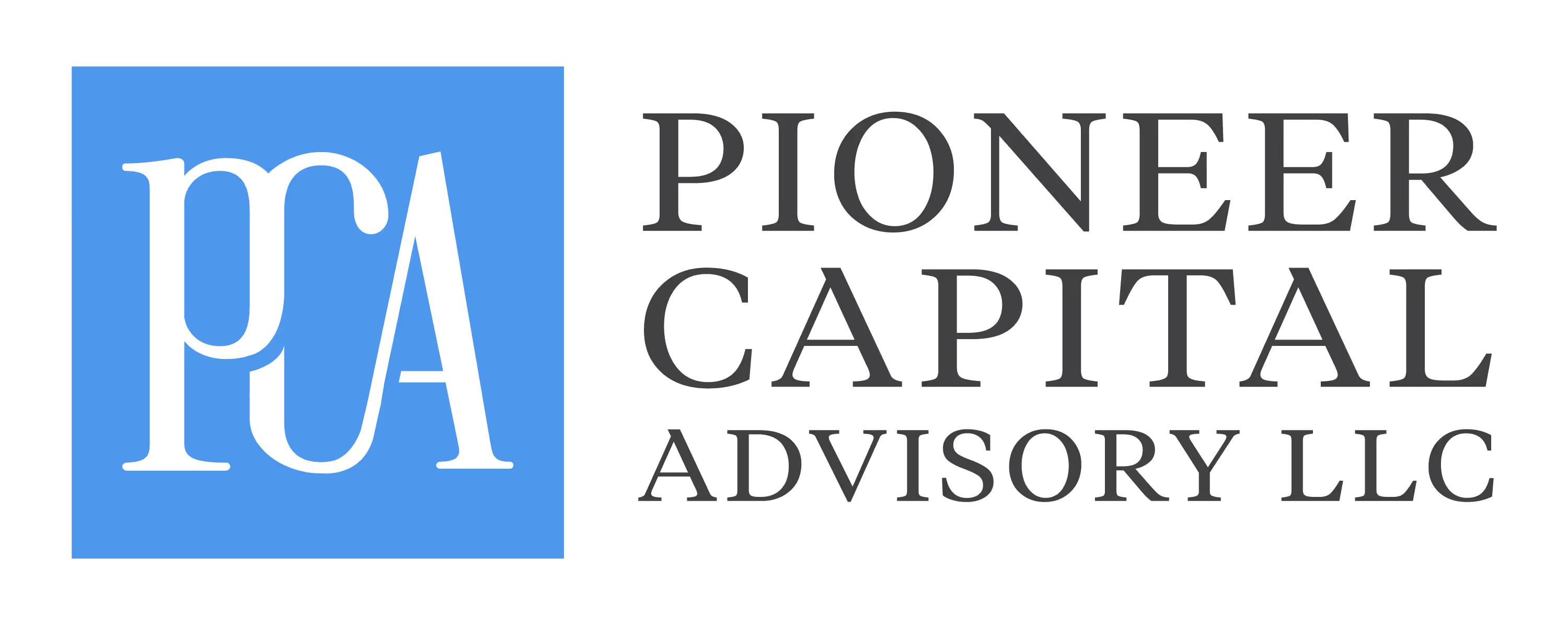


How to Get an SBA 7(a) Loan to Buy a Business: The Full Playbook
When it comes to purchasing a business, the SBA 7(a) loan stands out as a uniquely effective financing strategy. Its use of funds is more flexible than other traditional financing options, and it has lower equity requirements and more competitive terms. However, the process of qualifying—and actually getting approved—-eases significantly with proper guidance to secure an SBA 7(a) loan.
In this guide, we’ll break down exactly how to get an SBA loan: step-by-step, lender-ready, and tailored to business acquisitions.
What Is an SBA 7(a) Loan?
The SBA 7(a) loan is the top-tier choice of entrepreneurs in the United States among other financial tools. It is a popular loan program offered by the U.S. Small Business Administration.
The SBA 7(a) loan is instrumental in helping entrepreneurs acquire, expand, or operate their businesses on much simpler terms. Conventional loans do not leverage such freedom.
Key terms of an SBA 7(a) loan:
- Loan amount: Up to $5 million
- Term: 10 years for business acquisition and up to 25 years for real estate
- Down payment: As little as 10%
- Interest rate: Negotiable between lender and buyer, but it must be under or equal to the SBA maximum
- Use of funds: Business acquisitions, working capital, equipment, or refinancing
If you are planning to buy a business for the first time or expand your existing portfolio, SBA 7(a) paves the way for long-term success due to its structure, if you know how to navigate it.
How to Qualify for an SBA 7(a) Loan
Before you apply, you need to know your eligibility and how to qualify for SBA 7(a) loan.
SBA lenders employ a strict underwriting criteria, and understanding it upfront will save your time and keep the process less intimidating.
Here’s what you need to know about SBA 7(a) loan requirements:
- Credit score: A minimum credit score for an SBA loan of 680 is generally recommended
- Industry experience: Lenders prioritise buyers with industry experience
- Cash flow coverage: A Debt Service Coverage Ratio (DSCR) of at least 1.25x is considered the minimum benchmark for a financially sound acquisition. While the SBA’s current lending guidelines (as of the date of this blog post) permit a minimum DSCR of 1.15x, it’s important to understand the tradeoffs. Lenders willing to finance transactions at this lower threshold often offer less favorable terms—typically higher interest rates or more restrictive conditions—which can significantly increase the risk of failure for the buyer. At Pioneer Capital Advisory, we are committed to setting our clients up for long-term success. For that reason, we do not support deals where the projected DSCR falls below 1.25x
- Clear background: Buyers should have no record of recent bankruptcies, major credit issues, or tax liens
In simpler terms, lenders want to know:
- Does the business have enough cash flows to repay the debt?
- Are you qualified to operate the business efficiently?
The SBA 7(a) Loan Application Process

Getting an SBA loan isn't just about filling out the form; rather, it is an extensive, multi-stage process and could take 45 to 90 days.
Here’s the step-by-step guide for an SBA 7(a) loan application process:
Step 1: SBA Loan Prequalification (3–7 Days)
This is the earliest step of the process, right after the LOI is signed. At this stage, the lender conducts an initial review of:
- The viability of the target business and its financial health
- Your personal financial statements, credit history, and whether you have experience with acquisitions
- Deal structure, your proposed down payment, and financing terms
Step 2: SBA 7(a) Loan Application (7–14 Days)
Once you’re done with the first step, now is the time to submit your loan application along with all the required documents needed for an SBA 7(a) loan.
Here’s what you’ll be expected to provide:
- 3 years of personal and business tax returns
- Year-to-date P&L, balance sheet, and debt schedule
- Personal Financial Statement (PFS)
- Signed or draft of Purchase Agreement
- Business valuation (if required)
Note: If the amount financing exceeds $250,000, or if the buyer and seller have a close relationship, a business valuation by a third party becomes mandatory as per SBA SOP 50 10 8, effective from June 1, 2025.
Step 3: SBA Loan Underwriting (15–30 Days)
After your loan application is submitted, your SBA loan lender then begins conducting a thorough review of:
- Business cash flow and its ability to repay the loan
- Business plan, background experience, and resume
- Deal structure, evaluate industry risk, and customer portfolio diversity
- Equity injection and any non-SBA financial components are examined
Note that your lender may need additional compliance documents in case if your transaction includes commercial real estate or is a franchise acquisition.
Step 4: Loan Commitment & SBA Authorization (5–15 Days)
On the successful completion of the underwriting review phase:
- Your lender issues a loan commitment letter that mentions all the terms of the deal
- SBA, after a successful underwriting review, provides authorization for the funding
- Final conditions for closing are prepared
At this stage, your SBA financing deal is approved, and you’re moving toward legal and funding stages.
Step 5: SBA Loan Closing & Disbursement (7–14 Days)
This is the final step, and it includes:
- Signing the legal documents and the SBA loan for funding
- Transfer of business ownership
- Disbursement of funds via escrow or directly to the seller is made
If there are any additional financing elements (working capital, seller carryback, etc.), they are integrated and finalized during the closing phase.
How Long Does It Take to Get an SBA Loan?

The timeline to secure an SBA 7(a) loan from application to finally getting approved for funding takes from 45 to 90 days. The process depends on the complexity and your promptness.
How to Speed Up the SBA Loan Process:
- Have clean, updated financial documents ready
- Choose a lender with a good track record of business acquisitions
- Stay attentive and responsive to any documentation requests
- Work with an SBA commercial loan brokerage, like Pioneer Capital, to act as your trusted advisor throughout the process.
Section 5: Choosing the Right SBA Loan Lender

Choosing the right SBA loan lender determines the success of your deal. There is a significant difference among lenders, as some banks concentrate on real estate deals, while others exclusively focus on business acquisitions. So, selecting a lender whose experience does not align with your needs can put you in trouble.
Here are some of the types of lenders:
Traditional Banks: They do work as SBA loan lenders, but their strict underwriting criteria can take days.
Non-bank lenders: They are more flexible, but their rates are relatively higher.
Brokers or Advisors: They match you with an experienced SBA-preferred lender and streamline the process.
Working with an SBA advisor can make a huge difference, ultimately helping you sidestep common mistakes and increase the chances of approval.
Frequently Asked Questions
Can I use an SBA loan to buy a business I already manage?
Yes, the SBA loan can be used for a change of business, but once you show the business has changed hands and the deal meets SBA’s ownership transfer rules.
Do I need collateral for an SBA loan?
Collateral definitely helps, but it’s not a condition for approval. If enough collateral is not available, SBA will still approve the loan based on the cash flow and borrower strength.
What is the minimum credit score for SBA loan approval?
A credit score of 680 or higher is recommended for a hassle-free approval. But, lower scores may still qualify if you bring strong compensating factors like business cash flow or substantial additional equity.
How much can I borrow with an SBA 7(a) loan?
An amount of a maximum of $5 million can be borrowed, depending on the deal structure and your chosen lender’s criteria.
Final Thoughts: Navigate the SBA Loan Process with Confidence
Buying a business with an SBA loan is one of the smartest ways to build wealth—if you know how to navigate the process. Working alone can be frustrating, as the process involves extensive documentation.
Need help qualifying for your SBA 7(a) loan?
Pioneer Capital Advisory connects you to the best lenders, manages your loan file, and helps you close faster. With over 90 closed deals, we bring our in-depth expertise to your transaction. From the start to the end, we help you at every step of the process. Get in touch with us today and let’s work together!
New Blog Posts


